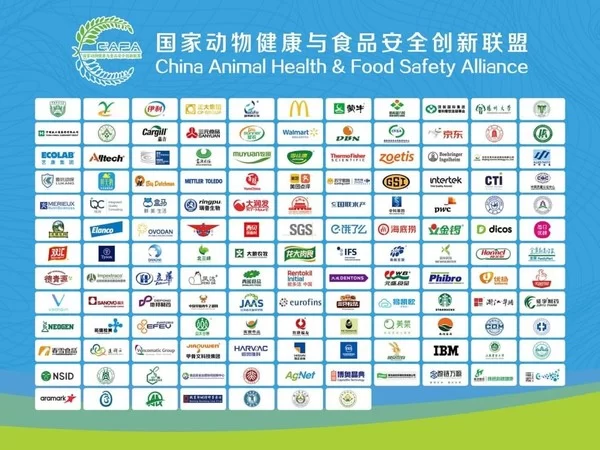MONT DE MARSAN, France and ITHACA, N.Y., Nov. 12, 2020 — MAS Seeds and Nature Source Improved Plants (NSIP) announced today the formation of a long-term research partnership. This strategic collaboration will benefit from the expertise of both sides to further accelerate the application of breeding technologies. The partnership will…
Nel ASA: Selected by Iberdrola as preferred supplier for a 20 MW green fertilizer project in Spain
OSLO, Norway, Nov. 4, 2020 — Nel Hydrogen Electrolyser, a division of Nel ASA (Nel, OSE:NEL), has been selected as preferred supplier by Iberdrola for a 20 MW PEM solution for a green fertilizer project in Spain. Contract award is subject to mutual agreement on the final commercial terms. The hydrogen…
Benson Hill Raises $150 Million in Series D Funding Round to Accelerate the Pace of Food Innovation on a Global Scale
– Financing was co-led by Wheatsheaf and GV with broad participation from strategic and environmental, social and governance (ESG) focused investors across the food and agriculture value chain. – Benson Hill will use the funds to scale its commercial operations and its platform food…
YellowScan launches its new updated Mapper product offering
A high-performance solution integrating the Livox Horizon laser scanner MONTPELLIER, France, Oct. 28, 2020 — YellowScan, a global leader in UAV LiDAR solution, today launches its updated Mapper product offer. The YellowScan Mapper sets a new…
The 27th China Yangling Agricultural Hi-Tech Fair (CAF) to be held in Shaanxi Province from Oct. 22 to 26
YANGLING, China, Oct. 21, 2020 — Frequently referred to as China’s Agricultural City, Yangling was the first in China to be declared a national agricultural high-tech industry demonstration zone. The 27th CAF will be held here between Oct. 22 and 26. Exhibition Area of the China Yangling Agricultural…
VeChain Joins China Animal Health And Food Safety Alliance (CAFA) As Council Member To Provide Blockchain Technology For Enterprise Members
SHANGHAI, Sept. 18, 2020 — As the world’s leading enterprise friendly blockchain platform, VeChain has officially joined the China Animal Health And Food Safety Alliance (hereafter referred as CAFA) as one of the council members. VeChain will be the sole public blockchain technology provider in the alliance, providing technical and infrastructural support…
New Conservis Capabilities Transform Financial Management For Farmers
Enhancements to farm management platform give growers greater visibility to financial performance MINNEAPOLIS, July 9, 2020 — Conservis, the global leader in enterprise farm management software announces enhanced financial management capabilities to its robust platform. Developed in collaboration with Rabo AgriFinance, the Financial Management…
Farmmi Expands Use of Online and Cloud-based Sales & Marketing Platforms to Drive Growth
LISHUI, China, July 7, 2020 — Farmmi, Inc. ("Farmmi" or the "Company") (NASDAQ: FAMI), an agriculture products supplier in China, today announced it has been expanding the use of online and cloud-based sales and marketing platforms to drive growth in sales of its Shiitake mushrooms, Mu Er mushrooms, other edible fungi and…
XAG Drones Tested, Add Sweet Spot for South Africa’s Sugar Crisis
PIETERMARITZBURG, South Africa, July 6, 2020 — Drones, with specialty spraying technology, was deployed for a recent sugarcane ripening trail in South Africa, showing an evident increase in the amount of sugar extracted from these canes. This might signal a potential improvement in profit margin for the cane growers, who…
TurtleTree Labs raises US$3.2 million seed round as it accelerates cell-based milk development
SINGAPORE, June 25, 2020 — Singapore-based biotech company TurtleTree Labs today announced the completion of a fresh round of funding from global investors. TurtleTree Labs is the world’s first-cell based biotechnology company creating real milk from mammalian cells, without the need for animals. As a platform, the company’s focus is…









